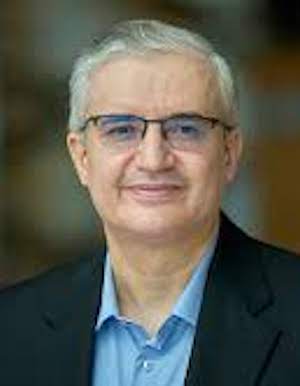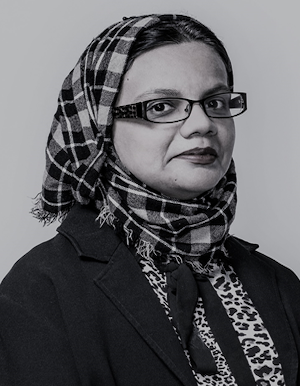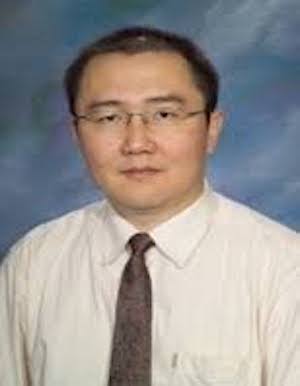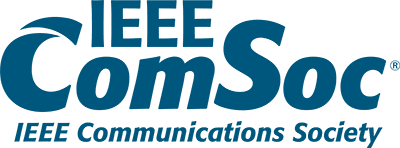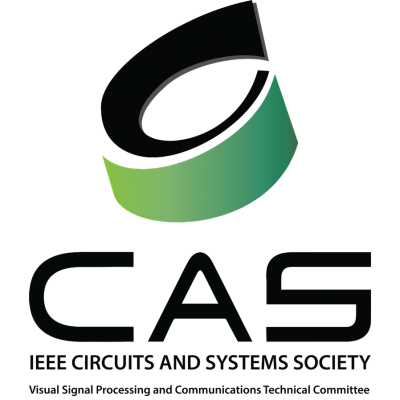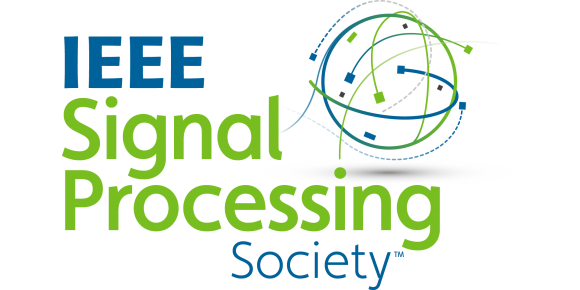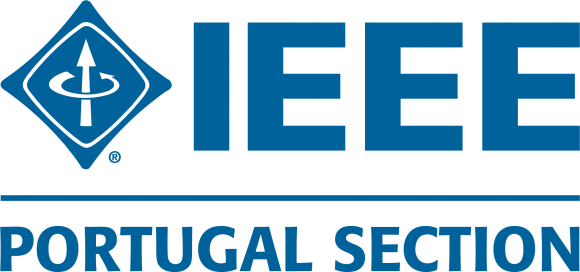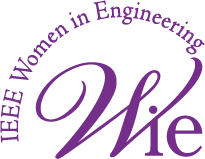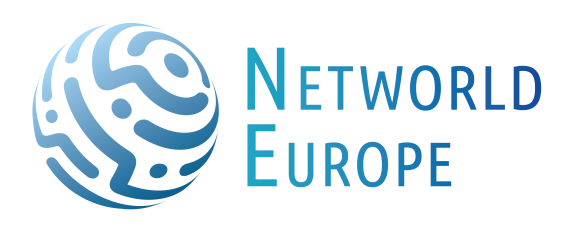Multi‐band RF/TeraHertz/Optical Networks for 6G‐enabled IoT Applications
ID: Tut-05
Description
Starting from the vision, key performance indicators (KPI), and key enabling techniques (KETs) of 6G wireless networks, this tutorial will focus on the significance of multi-band communications in 6G where optical, mm-wave and TeraHertz transmissions will coexist with the conventional RF spectrum. Specifically, this talk will first provide a background on the key spectrum candidates to achieve the diverse KPI of 6G. Then, we will present different types of multi-band network architectures followed by some of the fundamental challenges related to network dimensioning, mobility management, and resource optimization. Recent research results will be presented to demonstrate the application of multi-band networks to enhance the performance of IoT, Internet-ofVehicles (IoV), and Internet-of-Space-Terrestrial (IoST) communications. The tutorial aims to answer the questions such as (1) how to model, analyze, and optimize mobility-aware performance of IoT devices in a 6G multi-band vehicular network? (2) how to efficiently associate and offload IoT devices in a multi-band vehicular and space network? and (3) how the network resource management can be designed to combat the shorter channel coherence time in optical, mm-wave and Terahertz transmissions. Finally, the talk will pin-point some of the emerging technologies that can be leveraged to enhance the multi-band 6G-enabled IoT networks.
If you have any questions, please contact Dr. Hina Tabassum: hinat@yorku.ca
Chairs
Mohamed‐Slim Alouini, King Abdullah University of Science and Technology, Saudi Arabia
Prof. Mohamed-Slim Alouini general research interests include design and performance analysis of diversity combining techniques, MIMO techniques, multi-hop/cooperative communications systems, optical wireless communication systems, cognitive radio systems, green communication systems and networks, wireless communication systems and networks in extreme environments, and integrated ground-airborne-space networks. He is currently actively working on addressing the uneven global distribution, access to, and use of information and communication technologies by studying and developing new generations of aerial and space networks as a solution to provide connectivity to far-flung, less-populated, and/or hard-to-reach areas. Professor Alouini has published several papers on the above subjects and he is co-author of the textbook Digital Communication over Fading Channels published by Wiley Interscience. He has also won several awards in his career. For instance, he recently received the 2021 IEEE Communication Society Award, the 2020 IEEE Vehicular Technology Society James Evans Avant-Garde Award and the 2019 Technical Achievement Award of the IEEE Communication Society Communication Theory Technical Committee. Prior to this, he was honored in 2017 with the Organization of Islamic Cooperation (OIC) Science and Technology (S&T) Achievement Award in Engineering Science at the First OIC Summit on Science and Technology, Astana, Kazakhstan. He also received the 2016 Recognition Award of the IEEE Communication Society Wireless Technical Committee as well as the 2016 Abdul Hameed Shoman Award for Arab Researchers in Engineering Sciences. Other recognitions include his selection as (i) Fellow of the Institute of Electrical and Electronics Engineers (IEEE), the Optical Society of America (OSA), the African Academy of Science (AAS), the European Academy of Science and Arts (EASA), and the Academia Europaea (AE), (ii) IEEE Distinguished Lecturer for the IEEE Communication Society and for the IEEE Vehicular Technology Society, (iii) member for several times in the annual Thomson ISI/Clarivate Web of Knowledge list of Highly Cited Researchers as well as the Shanghai Ranking/Elsevier list of Most Cited Researchers and the AMiner 2020 list of the AI 2000 Most Influential Scholars in the area of Internet of Things, and (iv) a co-recipient of best paper awards in thirteen IEEE journals/conferences (including Communication Surveys & Tutorials, ICC, GLOBECOM, VTC, PIMRC, ISWCS, UCET, and DySPAN).
Hina Tabassum, Dept. of Electrical Engineering and Computer Science, York University, Canada
Prof. Hina Tabassum is currently an Assistant Professor at the Lassonde School of Engineering, York University, Canada. Prior to that, she was a postdoctoral research fellow at the Department of Electrical and Computer Engineering, University of Manitoba, Canada. She received her PhD degree from King Abdullah University of Science and Technology (KAUST) in 2013. She is a Senior member of IEEE and registered Professional Engineer in the province of Ontario, Canada. She has been listed in the Stanford's list of the world's top 2% researchers in 2021 and has been recognized as N2Women: Rising Stars in Computer Networking and Communications in 2022. She is the founding chair of a special interest group on THz communications in IEEE Communications Society (ComSoc) - Radio Communications Committee (RCC). She has published over 75 refereed articles in well-reputed IEEE journals, magazines, and conferences. Her publications thus far have garnered 4500+ citations with an h-index of 31 (according to Google Scholar). Currently, she is serving as an Associate Editor in IEEE Transactions on Communications, IEEE Communications Letters, IEEE Transactions on Green Communications, IEEE Communications Surveys and Tutorials, and IEEE Open Journal of Communications Society. She has been recognized as an Exemplary Editor by IEEE Communications Letters, 2020, and an Exemplary Reviewer (Top 2% of all reviewers) by IEEE Transactions on Communications in 2015-2017, 2019, and 2020. Her research interests include stochastic modeling, analysis, and optimization of energy efficient multi-band 5G/6G wireless networks jointly operating on sub-6GHz, millimeter, and Terahertz frequencies with applications to vehicular, aerial, and satellite networks.
Hong‐Chuan Yang, Dept. of Electrical and Computer Engineering University of Victoria, Canada
Prof. Hong-Chuan Yang (S'00, M'03, SM'07) received his Ph.D. degree in Electrical Engineering from the University of Minnesota, Minneapolis, USA, in 2003. Since then, Dr. Yang has been with the Department of Electrical and Computer Engineering at the University of Victoria, Victoria, B.C., Canada, where he is now a professor. From 1995 to 1998, Dr. Yang was a Research Associate at the China Academy of Information and Communications Technology (CAICT), Beijing, China. His current research focuses on the design and analysis of wireless transmission technologies for advanced Internet of Things. Dr. Yang has published over 200 referred journal and conference papers. He is the author of Introduction of Digital Wireless Communications by IET press and the co-author of Advanced Wireless Transmission Technologies by Cambridge University Press. He is a registered professional engineer (P. Eng.) in British Columbia, Canada.



